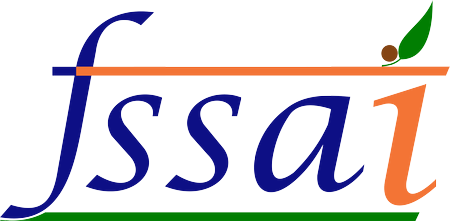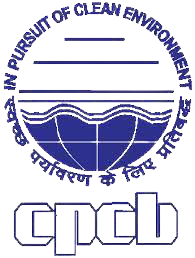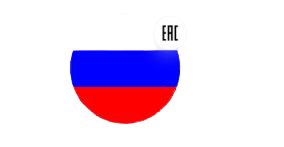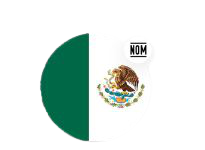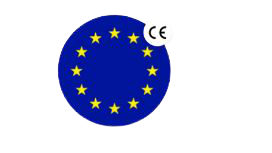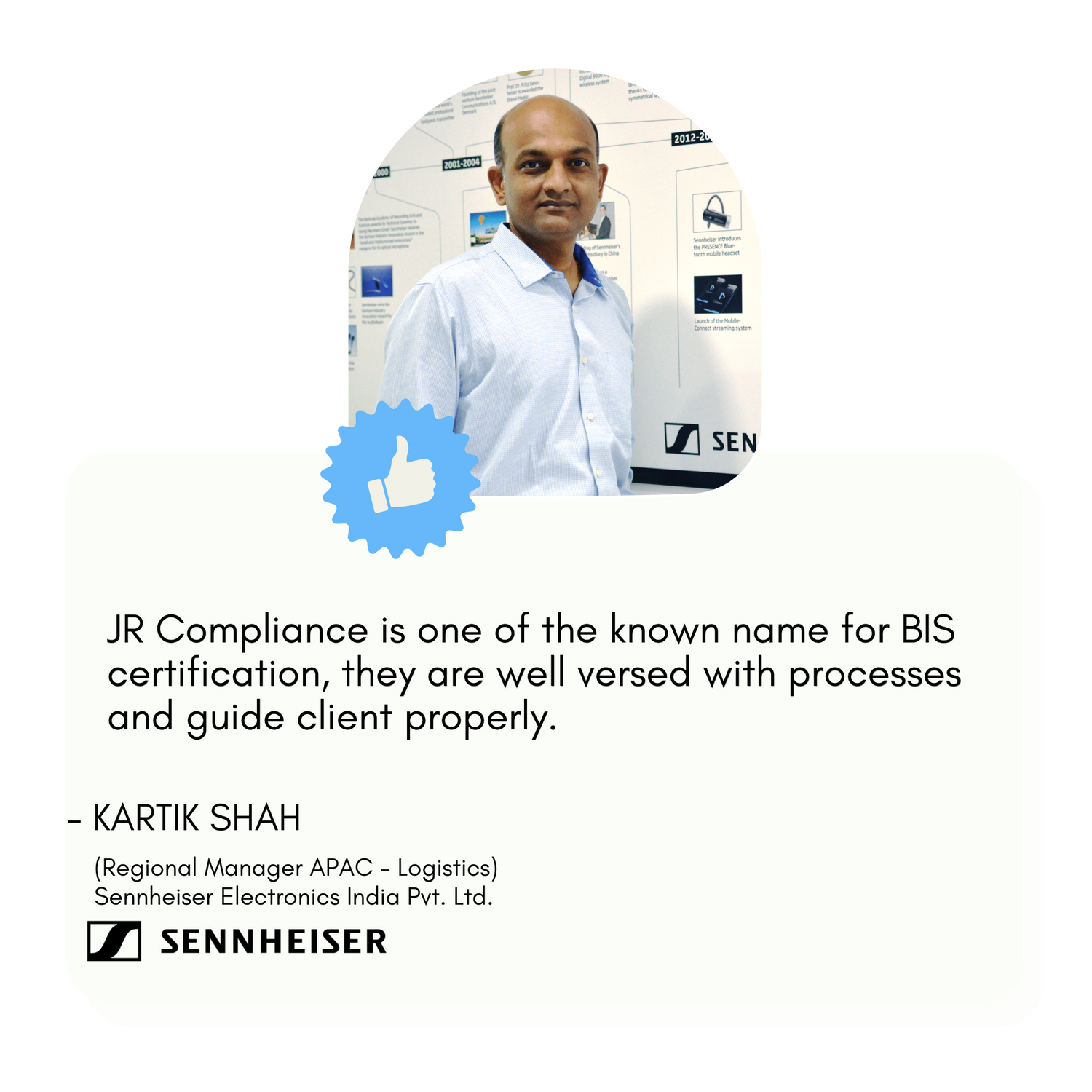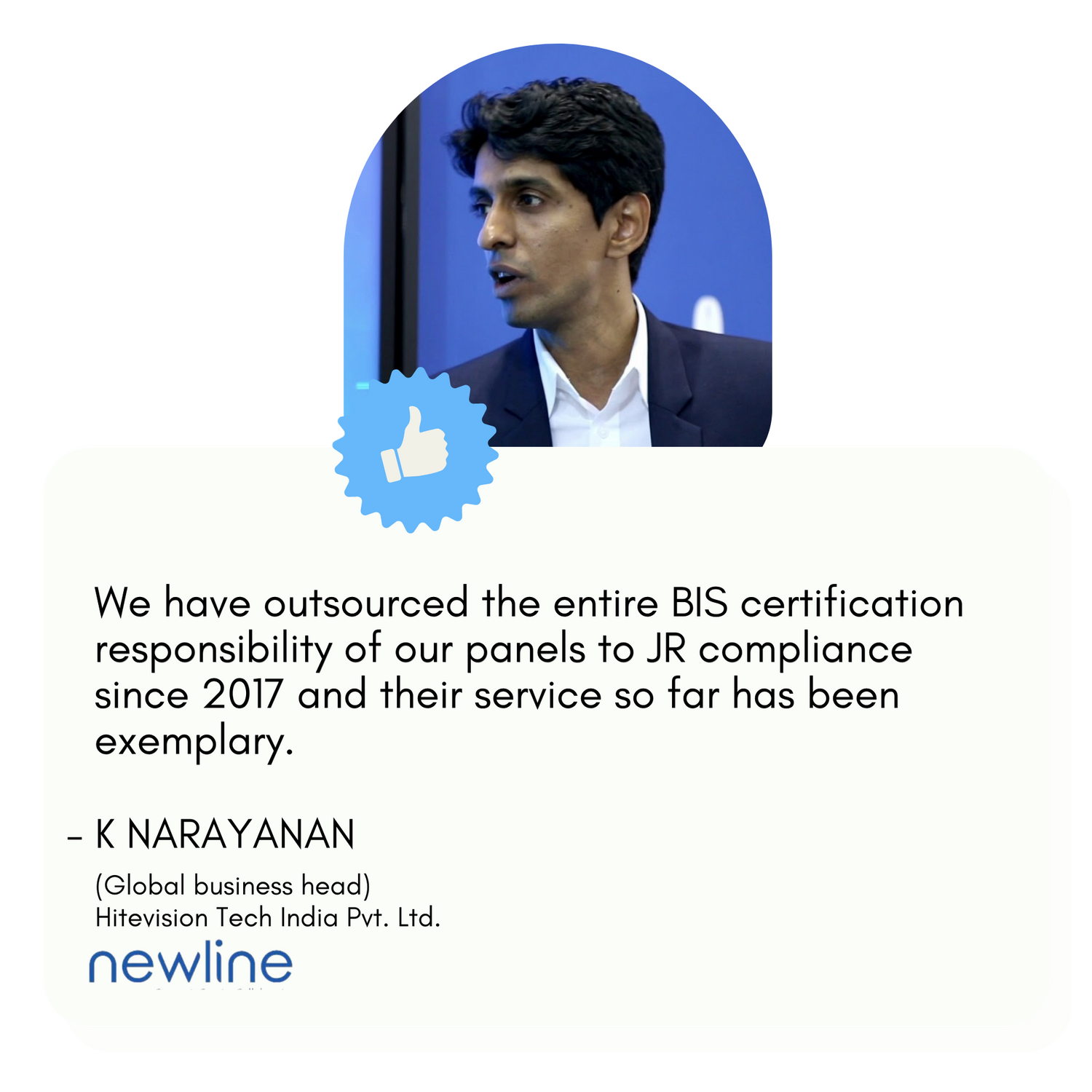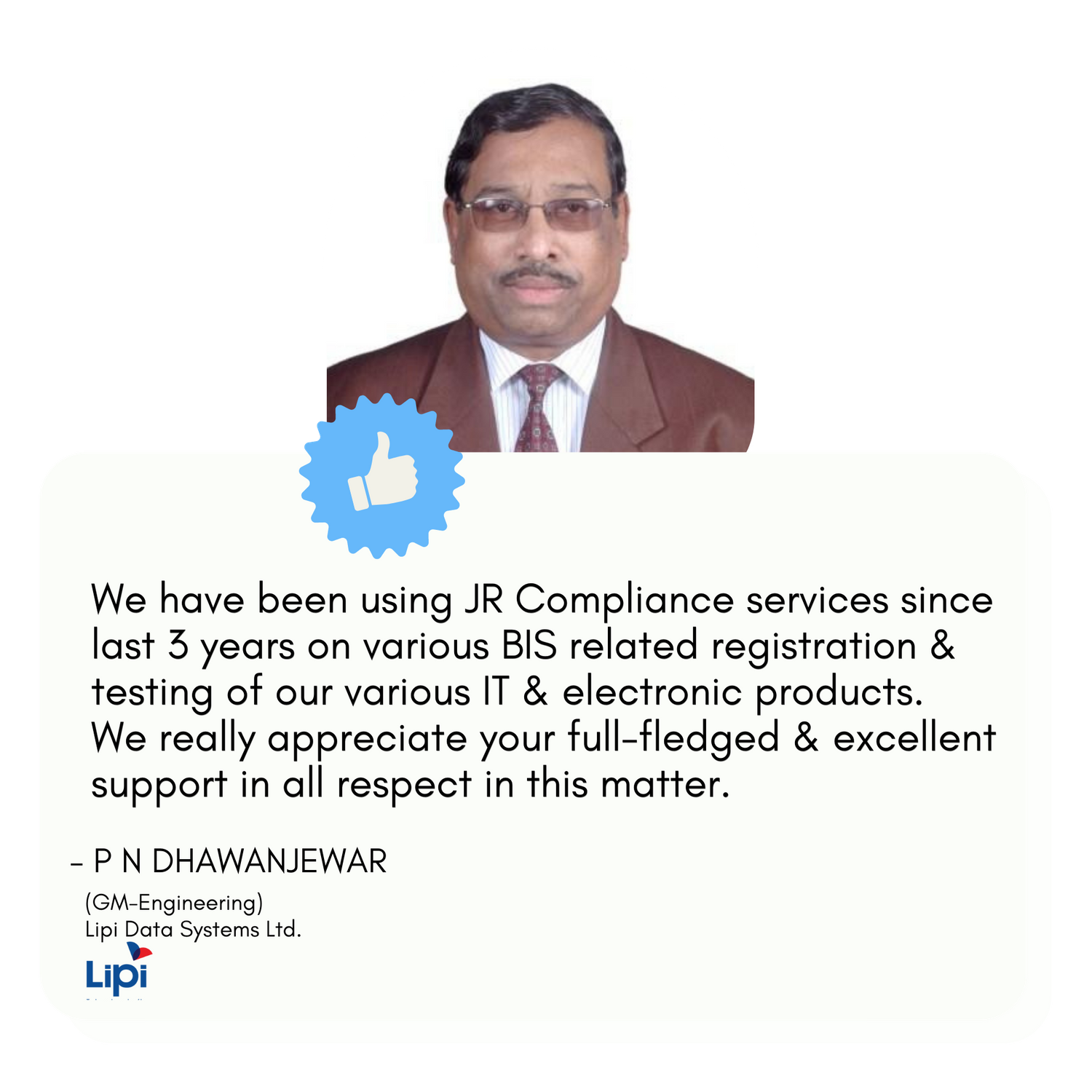Technical compliance is adhering to the technical requirements, laws, and standards.
(We make technical compliance certifications effortless and convenient.)
We are a top-notch BIS Certification consultants in Delhi and help you get BIS ISI certificate, FMCS certificate and CRS registration for your products in no time.
The telegraph authority set defined parameters for mandatory testing and certification of telecommunication equipment.
Our consultants will provide you with the finest assistance throughout the process of obtaining WPC certificate.
We are not only the Best BIS consultants, but we are also known for reliable and credible BEE certification services as we have the team of professionals who ensure proper documentation and evaluations.
CDSCO is a Central Drug Authority responsible for discharging functions which are assigned to the Central Government under Central Drugs and Cosmetic Act.
We are not only known for the best BIS certification consultants, however, we also provide FSSAI license services to ensures the quality of the food and other food-related products.
We are not only equipped with best ISI mark consultants, but our ARAI experts also ensure directly coordinate with authorities to ensure proper follow-ups, documentation, etc.
CPCB is an authority that controls and forms guidelines or standards for the State Boards to alleviate pollution.
ISI is the certificate scheme under BIS which confirms that a product withstands the BIS standards which ensures safety.
Electromagnetic Interference testing determines the electromagnetic energy which affects the functioning of an electronic device. Moreover, Electromagnetic Compatibility testing determines if a device works properly in a shared environment without affecting the functioning of other device within the same environment.
Radio Frequency Testing includes Immunity and Emission testing. Equipment is exposed to RF disturbances and fields with field strengths and frequency ranges from their operational environment in Immunity Testing. Emission testing monitors the equipment for RF Immunity and Emissions under normal operation.
This testing makes sure that electrical equipment between 50 to 1000 V for Alternating current and 75 to 1500 V for Direct current are highly safe to use. All health and safety risks are covered, giving the end user complete protection.
A product is tested under extreme environmental conditions to measure and maintain the performance e.g. extremely high and low temperature. This testing is useful for Defence, Space equipment etc.
From being best BIS certification consultants in India to expanding our services globally we have come so far to make global certification easy for you because we understand that, manufacturers all over the world desire to expand their business into global markets, especially the developing countries. However, they have to encounter various regulatory requirements to maintain the safety and environmental disciplines in a country.
Consequently, complications in obtaining global certificates or homologations are expanding, which is affecting the market access of the product.
JR Compliance has a wide network of partners in 20+ countries, who guarantees to provide you global certifications and approvals with proficiency. So, whether you are searching for Best BIS consultants/ ISI mark consultants to FCC certificate consultant, we have a team of 200+ experts who will guide you through the first to last step of certifications of any continents.
Global compliance certificate guarantees that global subsidiaries of multinational corporations comply with the local requirements of a country.
For instance, in India BIS certification is a mandatory requirements to enter the Indian market and we are India's #1 BIS certification consultants/ Best BIS consultants. Likewise, with the motive to make certification seamless, we are equipped with necessary resources to meet global certification requirements.
(JR Compliance consist a team of knowledgeable and experienced consultants in Delhi who assures to provide you complete support in obtaining global certifications.)
FCC and NRTL certification provides the assurance that a product has met the established standard in the US, which demonstrates the credibility of the product in the market.
To set a foot in the Russian market, it is necessary to obtain an EAC certificate and GOST- R certification as these act as a degree that reflects that a product has met the safety parameters.
Be part of the $1.80 trillion (nominal, 2021 est.) economy by obtaining the KC certification and Korean conformity assessment certification - certification which ensures safety of final consumers.
Like we are equipped with Telecommunication, wireless and radio equipment require IFETEL and NOM certificates to comply with the requirements established by Mexico Government to gain access to the Mexican market.
As ISI certificate is a threshold to Indian market, you must certify your products as per the standards of the CE certification, UKCA mark, IEC/ EN and other authorities to access the European market with ease.
Corporate compliance refers to the approach of business firms, companies, and organizations to follow the rules, regulations, and policies that apply to their business.
(Whether you are looking for reliable ISI mark consultants or BIS certification consultants, we will provide you guaranteed solution of technical or corporate compliance.)
Since 2013, JR Compliance has been providing 360-degree compliance services to startups, firms and establishments with the motive to make compliance services unchallenging for everyone.
Disclaimer: All to whom it may concern, JR Compliance is not liable for any direct, indirect, incidental, special, or consequential damages from the use of any information contained on our website, or from any action/ decision taken as a result of using the site.
The information provided on this website is with the sole intention to give information, not a professional opinion. Moreover, our website might include copyrighted material that may or may not have been specifically authorized by the owner, however, used for the purpose of providing information. That constitutes a “fair means” under Section 52 of the Copyright Act, 1957.
Intellectual Property: This site is our proprietary intellectual property. All the graphics, media, editorial content, and website design (altogether, “content”) used are the intellectual property of JR Compliance which are protected by Trademark, Copyright, and other applicable intellectual property laws.
Any content or mark might be copied, reproduced, republished, and displayed publicly for any profit-oriented purpose whatsoever, require our prior written permission, otherwise, an offender may have to face legal consequences.
Please fill this form for Free Consultation
📞1800-121-410-410





